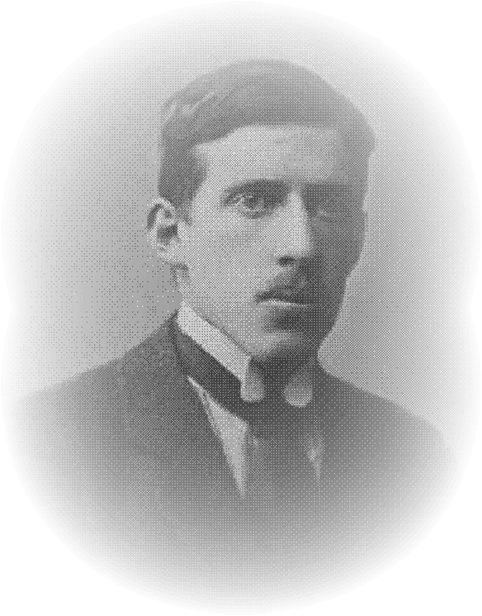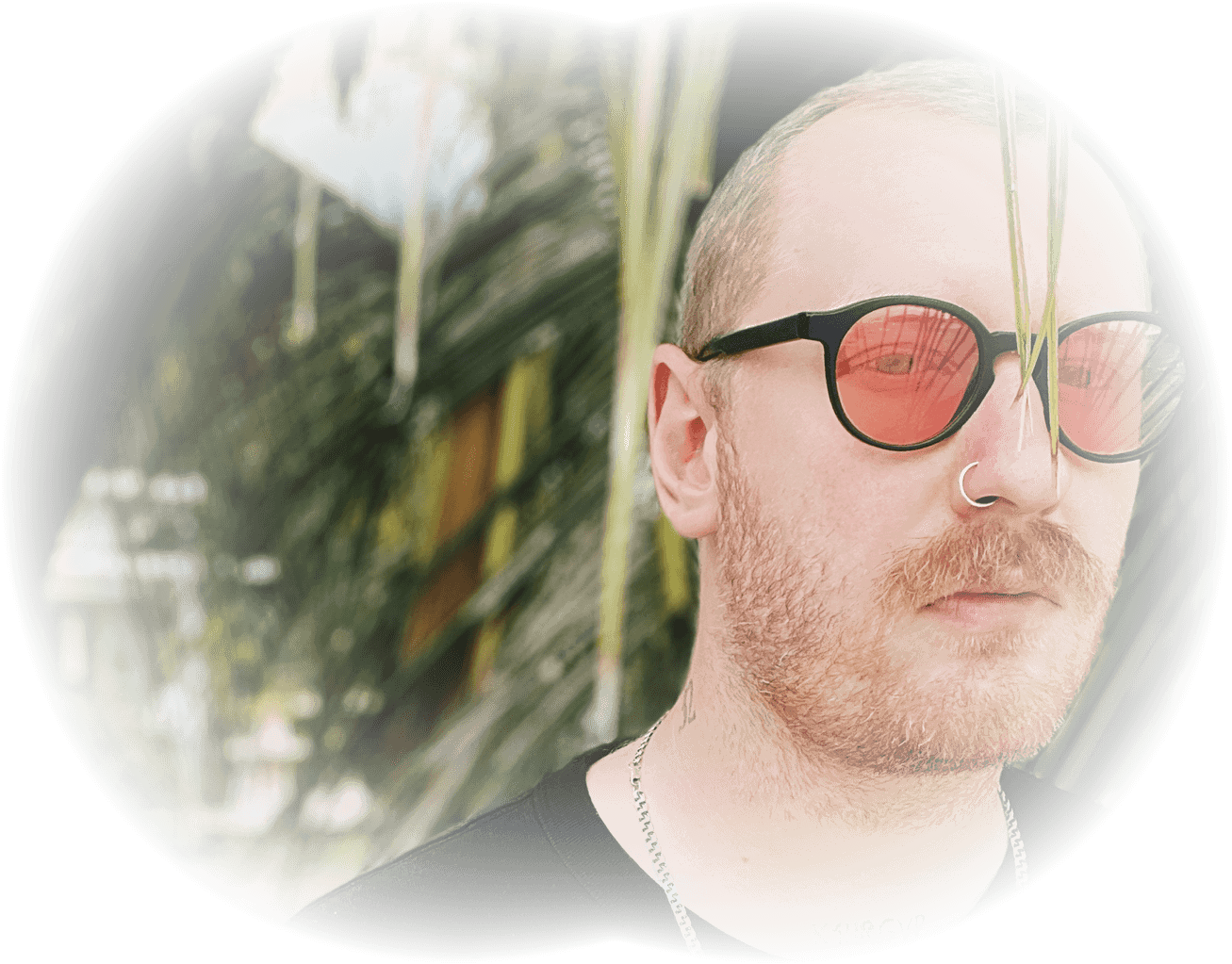
Georgy Raevsky was born in Tsarskoye Selo — and later, in exile, when young poets kept the Silver Age of Russian Poetry going, Raevsky considered himself part of the Golden Age and retained the language of Pushkin, Tyutchev, and Boratynsky. That is why he was given the playful nickname The Olympian.
Even his physique resembled someone of the early 19th century: tall, bulky, with an imposing posture and a clear, powerful voice. He looked like a man of Pushkin’s time. At literary evenings, he recited his poems beautifully. (poet and critic Yuri Terapiano)
His last name was actually a pseudonym. He chose it in honor of Pushkin’s friend, Nikolai Rayevsky. Georgy’s younger brother, Nikolai Otsup, was a friend of Nikolai Gumilev, a member of the St. Petersburg Poets’ Guild, and editor-in-chief of the influential émigré magazine Numbers, so Georgy had to literally make a name for himself.
His forced exile started in Germany: Raevsky graduated from the University of Berlin and then moved to Paris, the cultural capital of Russian dispersion. Here he joined the Perekrestok group, heavily influenced by Vladislav Khodasevich, together with Vladimir Smolensky, Yuri Mandelstam, Dovid Knut, and others. Literary life in Paris was in full swing, and Dovid Knut once declared that the new literary capital would now be Paris, not Moscow — meetings, magazines, readings, and poetry collections.
Georgy Raevsky, unlike most poets, is sighted. He looks at the world, not into the murky depths of his own ego. His poem “Dutch Furnace” is quite good — twelve couplets, twelve tiles. (writer Vladimir Nabokov)
The blue sky above. At the same time, the horses, the carriage,
and the miller with the sack on his back are touched with blue paint. (the 8th tile)
Raevsky’s first poetry collection, Strophes, was published in 1928. The second collection remained unpublished for nearly two decades. The first typeset was destroyed in Germany after the Nazis came to power. The second perished during World War II. Finally, Selected Poems came out in 1946.
His poetry is humble and “chamber-like.” It runs deep and has, for the most part, genuine song-like quality... Raevsky is drawn to the poetry of the “world movement.” His teachers were Goethe and Tyutchev, but formally, the German Romantics and the poets of the Pushkin Pleiad. (writer and literary scholar Mark Slonim)
Raevsky was as fluent in German as he was in Russian. He wrote poems in German and translated from Russian into German — it was said that his version of Alexander Blok perfectly conveyed the musicality of the original. However, none of this has survived, even in manuscripts. Something else sustained Georgy Raevsky all those long years:
There is a God! How else could it be
That out of nowhere, out of nothing
A terrific celebration
Blossomed brightly all our lives.
In his final years, he worked for German radio and television, composing plays and dialogues that introduced the German audience to Russian culture. He died of a heart attack in Stuttgart in 1963.
RSaC|RSaC

I’m lying in the grass, arms spread,
High sky, the floating clouds,
The sounds of better life
Are coming from afar.
A butterfly in a frilly dress
Rushes happily to the ball.
The wind has opened its light arms
And caught the delicate girl.
But she escapes with silent laughter,
And then she soars into the blue.
She leaves behind a golden echo
That’s ringing in the waking leaves.
A blessed day, untainted day,
I’ll remember you forever.
You are pure and precious jewel
amidst the dullness of it all.